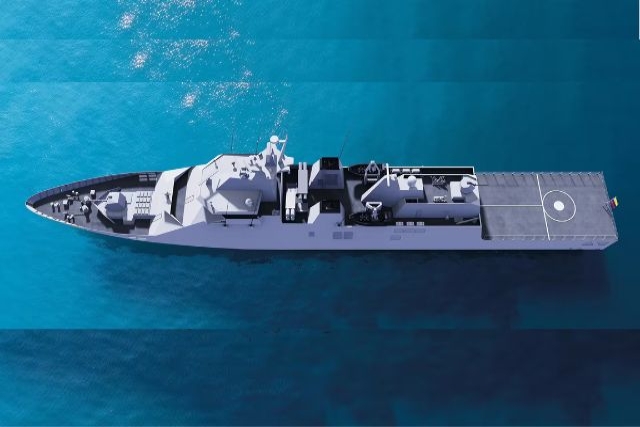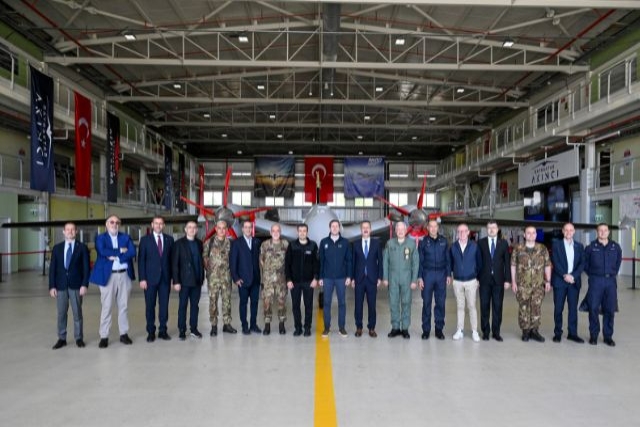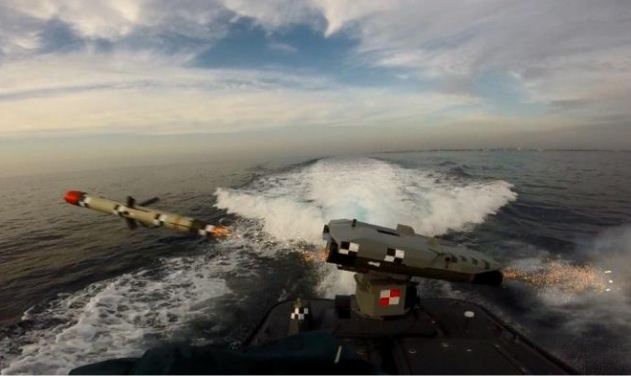USAF Gets First JASSM-ER Missiles
The Armament Directorate celebrated a milestone with the delivery of the first production lot of Joint Air-to-Surface Standoff Missile Extended Range, or JASSM-ER, missiles to Dyess Air Force Base, Texas, recently.
The JASSM and JASSM-ER variants are autonomous, long-range, highly-survivable, conventional air-to ground, precision-guided missiles. The weapons provide focused lethality to strike highly-defended, high-value targets.
"JASSM can neutralize (targets) while keeping our nation's combat aircrews safely outside the range of threats," said Kenneth Bandy, the JASSM director for test and integration.
The delivery of the first JASSM-ERs brings to fruition a greater capability to the warfighter, according to Bandy. The JASSM Program Office here, working in close coordination with contractor partner Lockheed Martin Missile Fire and Control, in Orlando, Fla., jointly spearheaded the development, testing and fielding of this newest JASSM variant. After nine years of testing, fielding began in April.
With little change in design, the JASSM's newest accomplishment provides a weapon that can reach targets more than two and half times farther than its predecessor, while still hitting its target with accuracy. Seventy percent of the hardware and 90 percent of software are common between the two variants.
"The initial delivery of the extended range variant of JASSM gives the combatant commander the ability to reach far deeper into contested areas with lethal precision," said Maj. Gen. Scott Jansson, the Air Force program executive officer for Weapons and Armament director.
Although the B1-B Lancer is the only current Air Force aircraft employing the JASSM-ER, there are ongoing efforts to bring it to other aircraft, including the F-15E Strike Eagle, F-16 Fighting Falcon and B-52 Stratofortress.
"JASSM-ER delivers a revolutionary capability to the warfighter," Bandy said. "A capability resulting from close collaboration between the end item user, acquisition community and our contractor team."









